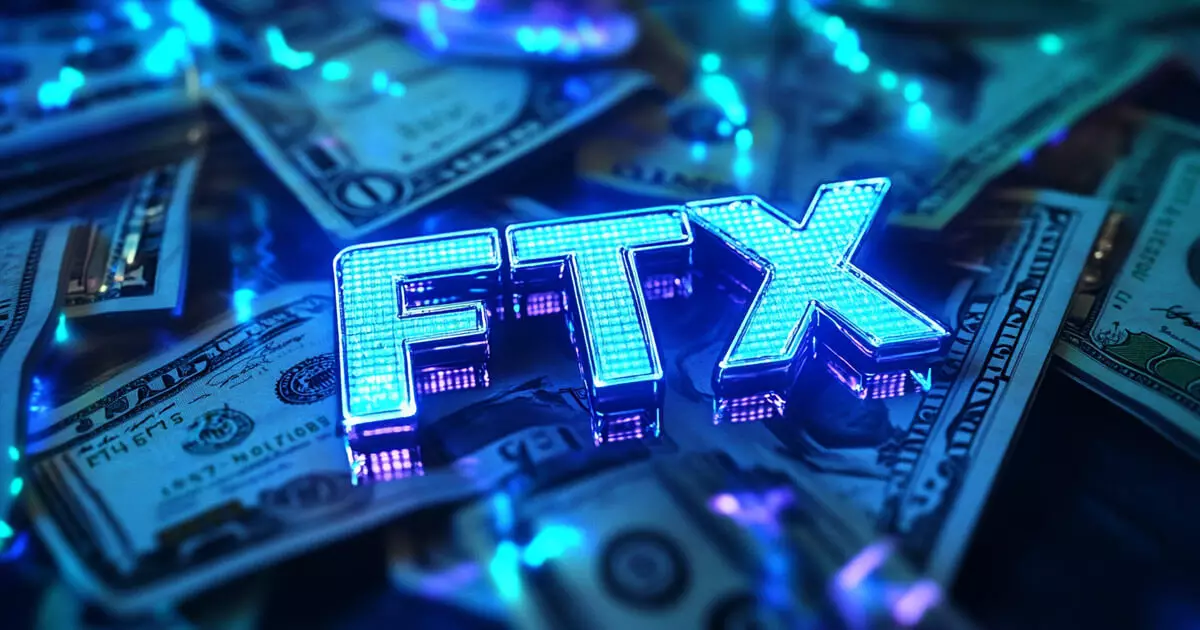The collapse of the cryptocurrency exchange FTX sent shockwaves throughout the global financial landscape. As the dust begins to settle, representatives from the FTX Creditors’ group, like Sunil Kavuri, are focused on addressing the pressing issue of compensating creditors from various countries. Countries such as Russia, China, Egypt, Nigeria, and Ukraine have been identified as significant stakeholders in this situation, yet these creditors find themselves on the sidelines regarding compensation distributions. Despite boasting a substantial portion of FTX’s user base, they currently face exclusion from ongoing financial recoveries.
The percentage breakdown reveals that China alone represents 8% of the total claims against FTX. However, the reason behind the ineligibility of these creditors remains unspecified. Kavuri’s commentary sheds light on how FTX management is seemingly working toward solutions that may pave the way for these creditors to receive their due. For many, the wait for reimbursements has been particularly challenging, especially after the initial distribution, which saw smaller creditors receive their payments on February 18. Unfortunately, those in restricted territories are still without a clear timeline for claim resolution, leaving them in a state of uncertainty.
The logistics of repayment grow convoluted when considering the distribution platforms—Kraken and BitGo. These platforms, necessary for the compensation distributions, are inaccessible in many affected regions. Despite this, the narrative complicates when Egyptian creditors who hold accounts with these platforms are also categorized as ineligible. This inconsistency raises questions about the criteria used to determine compensation eligibility and indicates that the challenges faced by affected users extend beyond platform availability.
Contrastingly, the early distribution of funds for smaller creditors signifies a glimmer of progress. According to Kraken’s co-CEO, Arjun Sethi, over 46,000 creditors received distributions, marking a significant step forward in the resolution process. This initial round targeted individuals with claims under $50,000, who also benefited from accruing annual interest since FTX filed for Chapter 11 bankruptcy in late 2022.
For larger claimants whose claims surpass $50,000, the timeline appears more drawn out, with expectations set for a second-quarter release of payments. The prolonged wait underscores just how deeply the collapse of FTX has affected individuals and the crypto market at large. The repercussions of the scandal have been severe, culminating in the conviction of former CEO Sam Bankman-Fried, whose continued insistence on the company’s financial viability at the time of bankruptcy raises further doubts.
As FTX’s story unfolds, it serves as a stark cautionary tale about the necessity for transparency and accountability in the crypto realm. Many exchanges fail to provide proof of reserves, resulting in an erosion of trust among users. In contrast, Kraken’s commitment to maintaining a transparent operational process is a proactive measure aimed at instilling confidence in its users.
While FTX’s efforts to resolve creditor claims show signs of progress, the inequities felt by international creditors cannot be overlooked. The ongoing developments will be closely watched, as they could set important precedents for how the cryptocurrency industry manages accountability in its future dealings.















